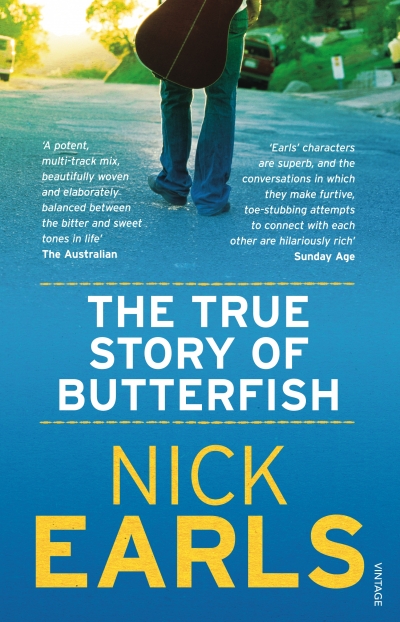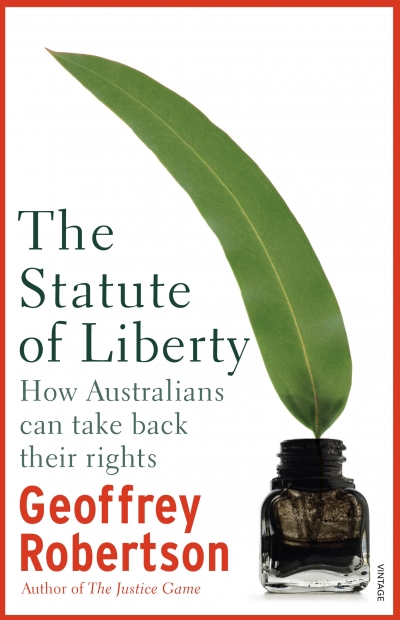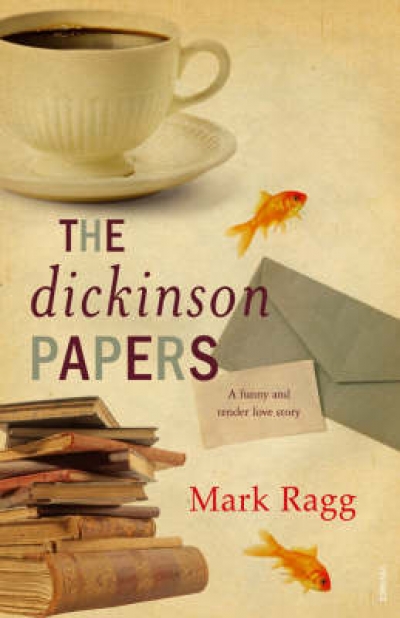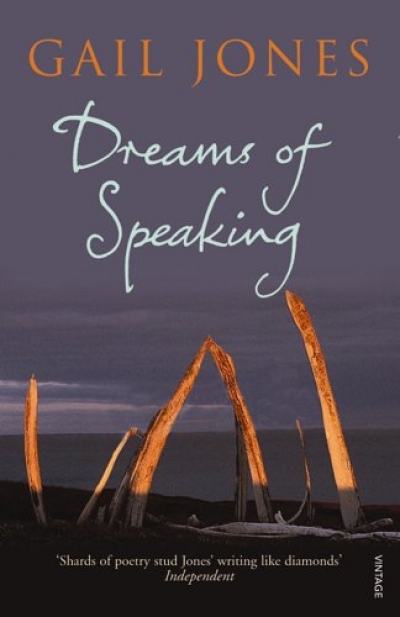Vintage
The Statue of Liberty: How Australians Can Take Back Their Rights by Geoffrey Robertson
by Patrick Allington •
If two swallows do not a summer make, two novels, no matter how similar, are no doubt insufficient to start a new literary sub-genre (no matter how ‘sub’). On the other hand, fashion is said to reflect the Zeitgeist; and biography, in this turbulent millennium, has become both favoured and fashionable. Is it possible then that quite soon a small shelf of the loc ...
Pickle to Pie by Glenice Whitting & The Whisper of Leaves by K.S. Nikakis
Left Bank Waltz: The Australian bookshop in Paris by Elaine Lewis
by Carol Middleton •










